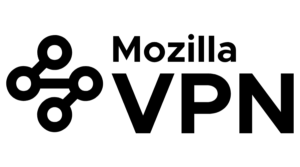Want to know how to browse the web from anywhere in the world without travelling? In other words, did you know it’s possible to connect to a network using a secure cloaked connection that can hide your true location? By using a VPN, you can connect to the internet from many other countries apart from your own – the list of locations depends on the VPN service you are using. “But why would I want to do that? Can anybody know where I am connecting from?” Without a VPN, yes. It is possible to find out what country you are connecting from, which city, which device and browser you are using, and more, even without recurring to hacking or shady techniques.
Websites and online services often use this information about their users to decide whether or not to block their access, or to show them different content based on their location (Netflix is a common example). By using a VPN, you can watch content from, let’s say, the US, while staying at home in the UK.
Sounds great, but, what is a VPN? What is the meaning?
A VPN is a Virtual Private Network, a protected and private connection between a client (the device the user is browsing from) and a server (which hosts the website or files the user wants to access). It uses encryption and other technology to shield your connection from uninvited outsiders.
Why Use a VPN?
If you do online shopping, sign documents or transfer sensitive data online and are worried about the rising cyberattacks and data breaches in 2020, using a VPN is a no-brainer. Apart from the ability to access geographically-restricted content, there are many reasons why it makes sense to use a VPN. But at its core, it prevents people, and possibly hackers, from eavesdropping on your online traffic. These networks also allow users to work remotely in a safe way and often at higher speeds by using connections with fewer users.
Who Uses Them?
Most often corporate businesses, officials and professionals use VPNs to protect their information. However as increasingly more people have started to work remotely this year, many are using VPNs for their work, personal computers and even their mobile devices.
Are They Safe?
While many VPN services claim to be secure, the level of security really depends on the provider. As it often happens with technology, you usually get what you pay for. Keep in mind that, though not all of the cheap or options are unsafe, sometimes they are simply not worth the risk.
Here are four reliable companies for VPN to consider, with a pros and cons list to keep in mind:
1. Namecheap
Pros
- 30-day trial available
- Cheap yearly plan, £25.93 (or £0.63/mo)
- 1000+ servers across more than 75 locations
Cons
- Mobile app requires stability improvements
- Limited privacy and activity logging details
- Can’t unblock some streaming services, like BBC iPlayer or Amazon.
2. Mozilla VPN
Pros
- Affordable ($4.99/mo)
- Simple to use
- No activity logs
- No bandwidth restrictions
- Servers in over 30 countries
Cons
- No free option
- Lacking features
- Limited to 5 devices
- Few configuration options
3. TunnelBear
Pros
- Free plan available, with a 500MB data limit.
- Great speed
- Extensive privacy policy and annual audits ensure its security
- Bears. Big time.
Cons
- Lacking in geographic diversity
- Very few features compared to alternatives
4. Ghost VPN
Pros
- One of the highest-rated VPNs
- 1-day free trial available
- Various advanced security options to choose from
- Access to unblock most major streaming platforms
Cons
- Speed away from home is poor
- Doesn’t work in some countries like China
- Can’t unblock Amazon Prime Video
To sum up
The ever-expanding online world can offer many convenient and valuable things, whether for work or leisure. As more and more people are constantly connected to the web, sharing their intimacies on social media, sending paperwork or using e-commerce, it becomes crucial to stay protected while doing so. Despite the many options available to fight malware, not many of them protect your privacy as well as your network connection. A VPN is a good way to keep sensitive and private information hidden from prying eyes, and can give you more freedom to browse the Internet.









